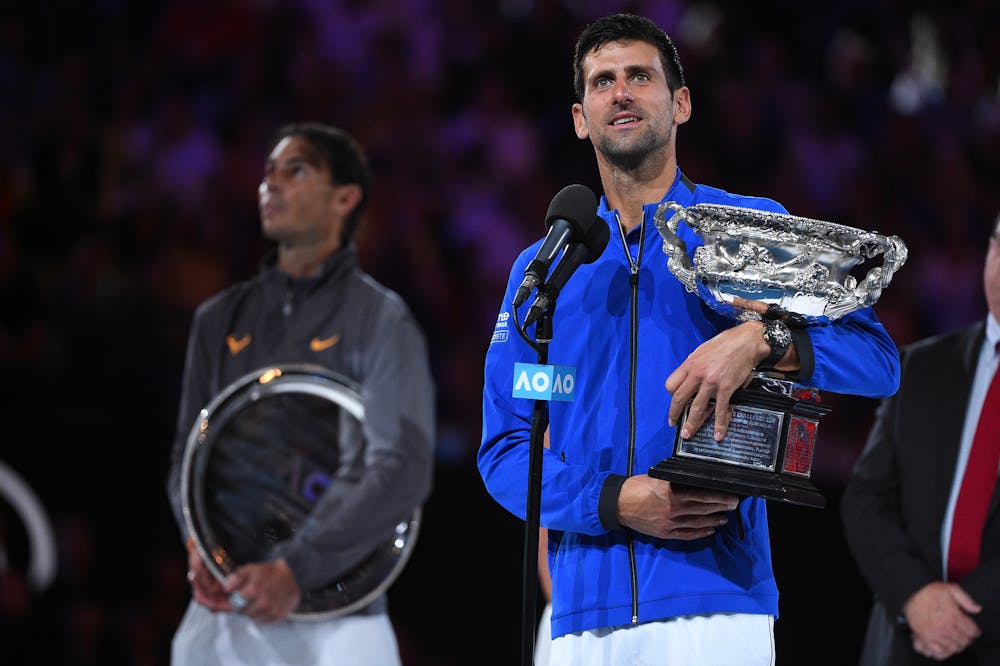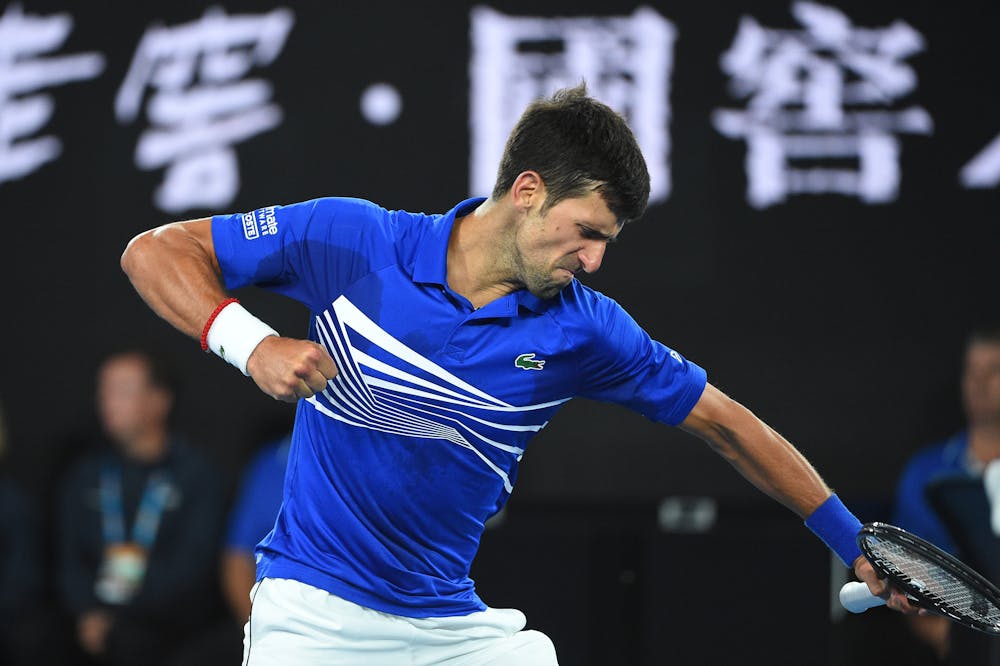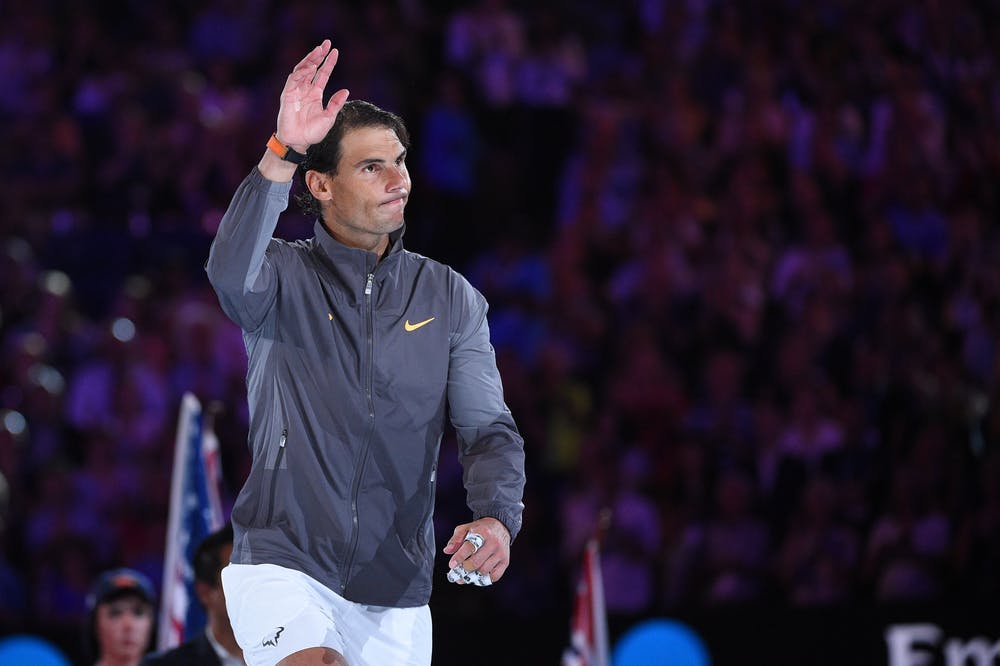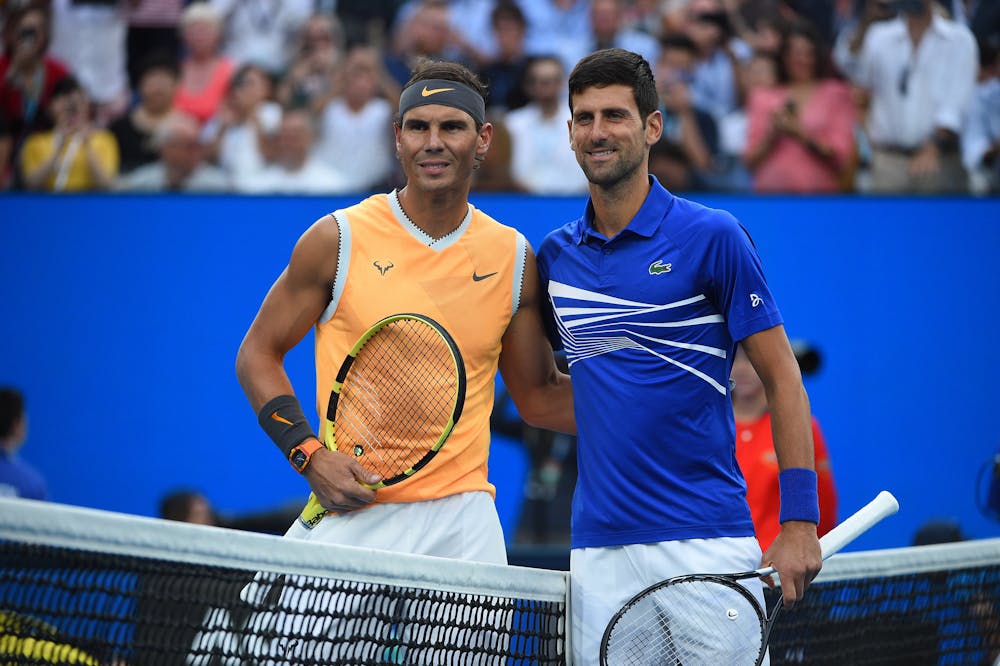Is Djokovic ready to take over the world?
He has done it before and after his performance in the Australian Open final, no one would question that he could do it again.
His record setting seventh title in Melbourne brought him his third consecutive Grand Slam title. It was the third time in his career that he had won three in a row it made history – he was the first man ever to be so devastatingly consistent.
The last time he left Melbourne with his sights set on Roland Garros and the non-calendar Grand Slam, the pressure was building. Starting from the Wimbledon final of 2012, he reached the final of 13 of 17 major championships and won seven of them. In the last year and a half of that run, he won five of six Grand Slam finals. There was no one to match him but the mental and physical effort to be so good and to stay so far ahead was exhausting.
There was also the small matter of actually winning in Paris: he had never done that before and it was his last remaining item on his bucket list. And when he did win, beating Andy Murray in four sets, he was utterly spent.
Coming into the same home straight this time around, he has two major advantages over the player of 2016: he knows what it feels like to be in this position and he has had a couple of years to reignite the passions of old.
"I don't think about age, I don't think about any limits. So far, so good. I'll keep striving to get better on the court."@DjokerNole #AusOpen pic.twitter.com/CXkK4V7EEA
— #AusOpen (@AustralianOpen) January 31, 2019
 ROLAND-GARROS
20 May - 9 June 2024
ROLAND-GARROS
20 May - 9 June 2024


 ©Corinne Dubreuil/FFT
©Corinne Dubreuil/FFT ©Corinne Dubreuil/FFT
©Corinne Dubreuil/FFT ©Corinne Dubreuil/FFT
©Corinne Dubreuil/FFT ©Corinne Dubreuil/FFT
©Corinne Dubreuil/FFT